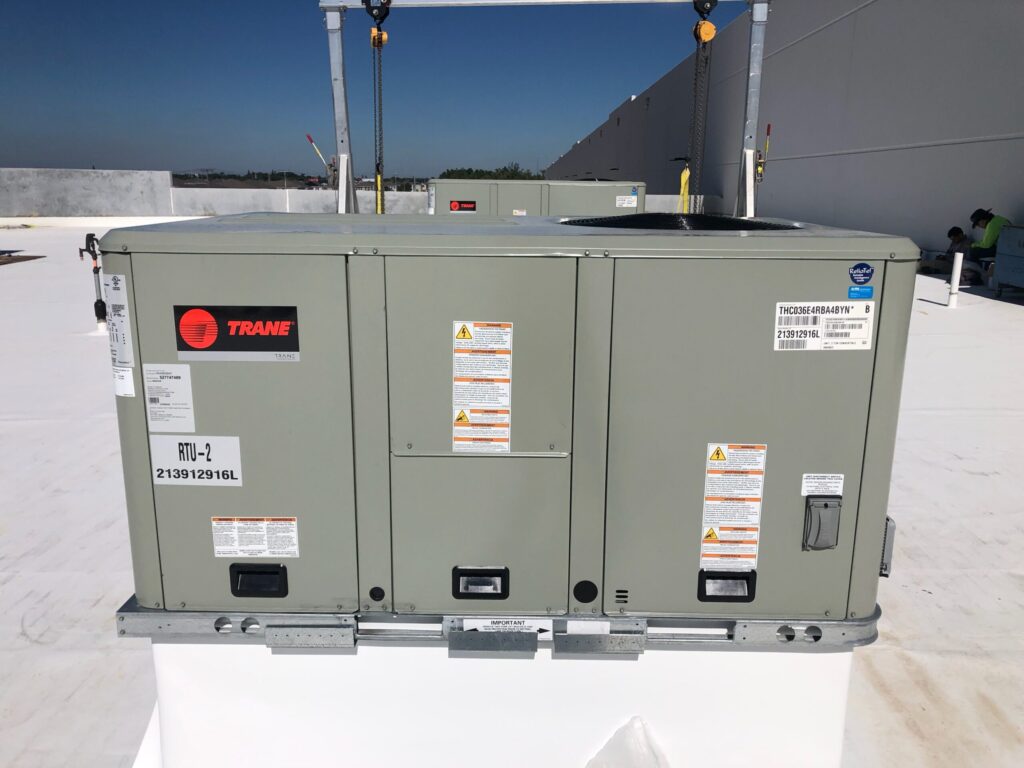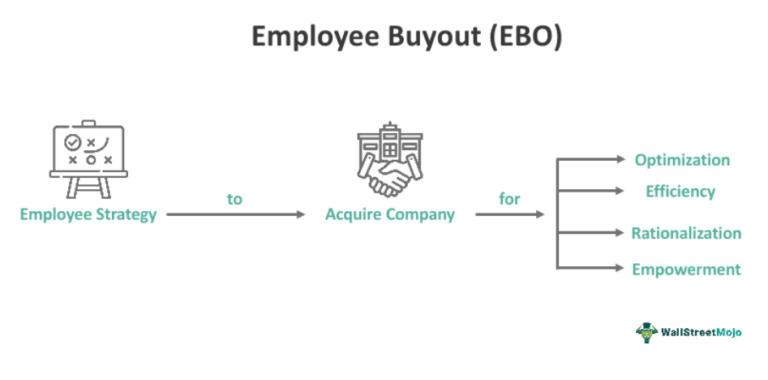
Audience
- Sentiment: Neutral
- Political Group: Labor advocacy
- Age Group: 25-45
- Gender: All genders
Overview
- Amazon warehouse workers in Garner, North Carolina, voted against union representation with 75% against joining CAUSE.
- The outcome reflects a historical resistance to unions in the South and personal satisfaction with current working conditions for many workers.
- This vote contrasts with recent union successes in other regions, indicating variability in workers’ opinions based on local contexts.
Amazon Warehouse Workers in North Carolina Reject Union Proposal: A Closer Look
In a big decision that many people are talking about, workers at an Amazon fulfillment center in Garner, North Carolina, recently voted against joining a union called Carolina Amazonians United for Solidarity and Empowerment, often shortened to CAUSE. This happened during an election where a noticeable majority—about 75% of the workers—decided they didn’t want to join the union. Specifically, 2,447 employees cast their votes against the union, compared to only 829 who were in favor. This was reported by the National Labor Relations Board (NLRB), the body that oversees labor relations and ensures fair voting practices.
At first glance, it might seem strange that so many employees voted against the union, especially since unions can offer workers collective power and a voice in negotiations about pay, benefits, and working conditions. To understand this complex issue, we need to dig into some of the reasons behind the vote and consider what unions do, why they sometimes struggle to gain support, and what this news means for workers not just in North Carolina but all over the country.
What Is a Union and Why Do They Matter?
Unions are organizations that represent the collective interests of workers. They are designed to negotiate with employers on behalf of employees. This can include everything from negotiating better pay and more benefits to ensuring safe working conditions. You might think of a union like a team—when a group of people works together, they often can achieve more than if they were all acting alone.
Historically, unions have played a major role in improving workplace conditions in many industries. They fight for workers’ rights and often have a significant impact on things like the minimum wage, overtime pay, and workplace safety regulations. So, you might wonder, why would workers choose not to join a union, especially in a big company like Amazon?
The Challenges in Garner
In Garner, Rev. Ryan Brown, one of the co-founders of CAUSE, discussed some of the hurdles that the union faced. He pointed out that the South has a long history of resistance to unions. Many workers in North Carolina might not be fully aware of the benefits that joining a union can bring. Some people may be influenced by the idea that unions can lead to trouble or fear of conflict with management. There’s also the possibility that some employees were satisfied with their current conditions and felt that they didn’t need a union to improve their situation.
Amazon has been quick to underline that they offer competitive pay and prioritize employee safety. An Amazon spokesperson even expressed satisfaction with the outcome of the vote, emphasizing that most workers chose to remain without union representation. This is an important perspective because it suggests that not all workers view their situation as needing improvement.
Recent Union Successes and Their Impact
Interestingly, this vote at the Amazon warehouse comes after some significant union victories in other parts of the country. For example, a Whole Foods store in Pennsylvania recently succeeded in forming a union. There have also been notable unionization efforts in places like Staten Island, where workers successfully organized against Amazon. These victories might create a sense of momentum for workers wanting to join unions. But the vote in Garner shows that unionization isn’t a guaranteed success everywhere.
The contrast between the success at those locations and the rejection in North Carolina raises questions about local contexts. Each workplace is unique, and what works in one location may not necessarily work in another. It also highlights the variability of workers’ opinions based on personal experiences, backgrounds, and cultures.
Why Do Workers Fight for Unions?
Many advocates argue that unions are essential for protecting workers’ rights. They help ensure that employees have a seat at the table when it comes to discussing work conditions, pay, and benefits. Without a union, workers might feel like they don’t have the power to advocate for themselves. If someone feels that their boss is treating them unfairly or if they’re concerned about their safety at work, a union can provide support and resources to address these issues.
When a union is involved, it typically means that there’s a collective bargaining process, where employees and management negotiate the terms of employment. This can result in better salaries and benefits for workers, which ultimately helps families and communities thrive. Unions are often credited with fighting for critical workplace standards that many people enjoy today, like the eight-hour workday and overtime pay.
The Future of Work and Unions
As workers across the country are beginning to recognize their power to band together and request better working conditions, the question arises: what does the future of work look like in America? Recent years have seen a surge in labor movements, with many employees pushing back against what they see as unfair practices. However, as the vote in North Carolina illustrates, not all efforts to unionize are successful.
This outcome raises bigger questions about workers’ rights, economic inequality, and corporate power. Are there other ways for workers to advocate for their needs and ensure they’re treated fairly? And how do we create an environment where all employees feel confident and secure enough to speak up about their needs and concerns?
Personal Reflection
As I think about this situation, I can’t help but consider my own experiences in school and sports. I remember being part of a team where we all worked together to support one another. It was powerful to have collective support when we faced tough opponents or challenging projects. It made me realize how much stronger we were together, and I can draw parallels to what unions do for workers.
If I were in the shoes of those workers at the Amazon warehouse, I would want to make sure my voice is heard during negotiations about pay and safety. In a world where companies are often huge and powerful, it seems essential for employees to band together to ensure their efforts and contributions are valued.
Conclusion: What Does This Mean for You?
The decision of the Amazon workers in North Carolina against joining a union signals a significant moment in the ongoing dialogue about workers’ rights and their options for representation in the workplace. It also shows that the journey towards improving rights and conditions is not straightforward and that individual experiences and beliefs play substantial roles.
As we ponder the implications of this vote, it leads to a broader conversation about how workers can navigate their rights and advocate for themselves. What do you think about unions and the decision of the Amazon workers in Garner? Have you ever felt the need to band together with others for a common cause? Share your thoughts in the comments below!





